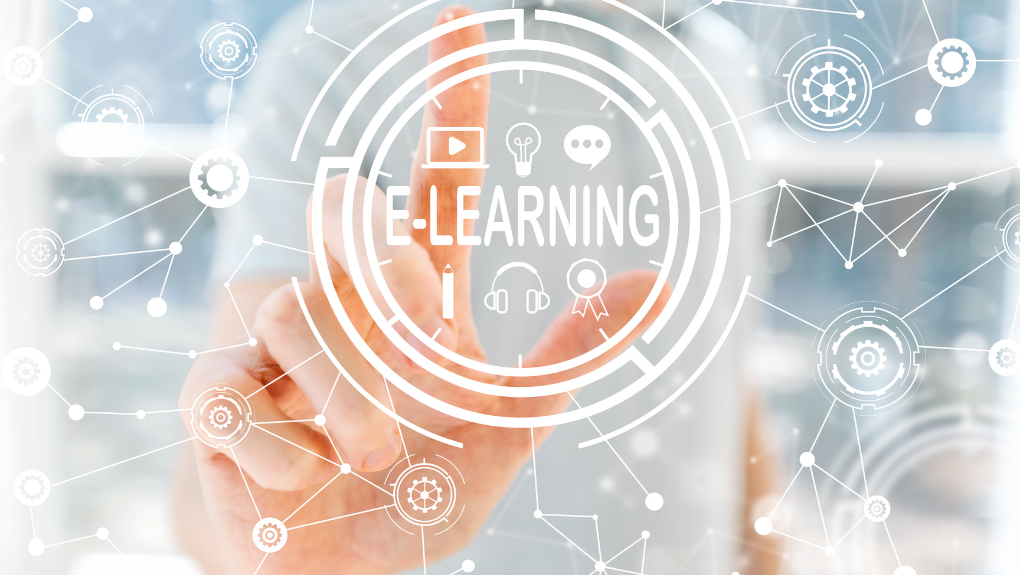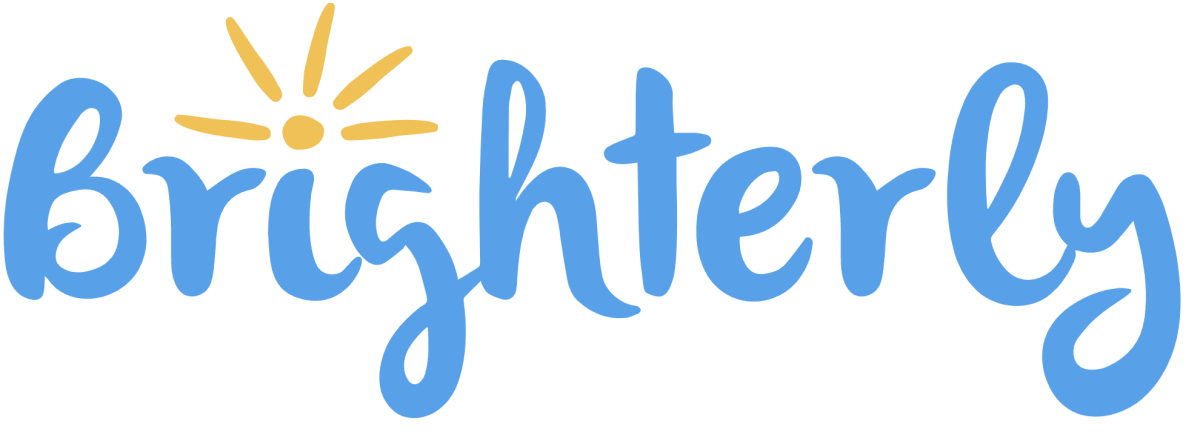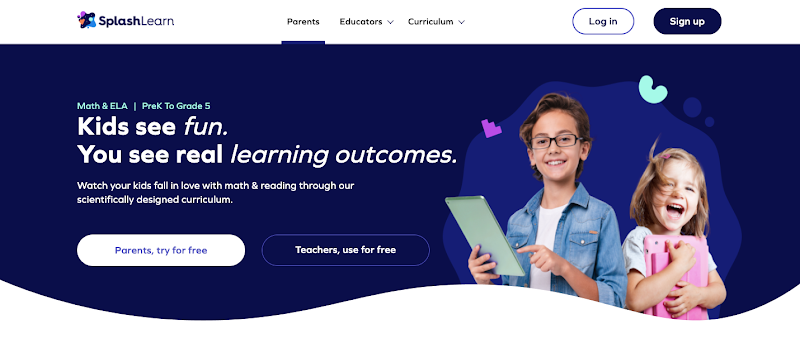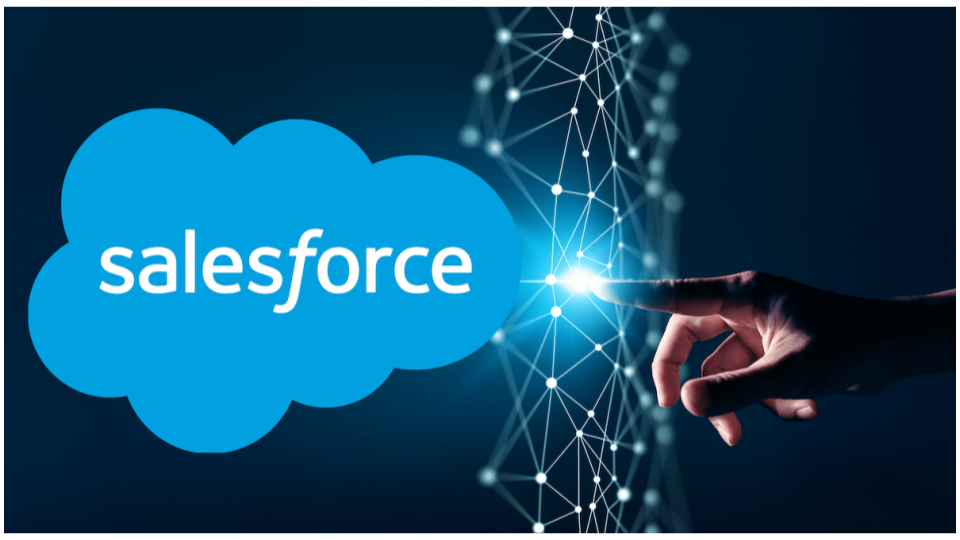Adaptive Learning Software and Best Learning Platforms
In a typical learning journey, each student's experience with the course is the same, as they are limited to navigating the same screens and responding to inquiries. However, when using adaptive learning software, the experience diverges significantly. In an adaptive learning course powered by such software, students may all begin with the same course material or video, but the platform adjusts by providing unique learning material based on their responses and confidence levels when answering questions.
What Is Adaptive Learning?
The fundamental idea behind adaptive learning is to employ technology to enhance instruction and training by giving students individually tailored programs based on information obtained before and during their educational process.
Adaptive learning platforms, driven by data mining, meticulously craft educational or training materials tailored to each student's unique needs. In this dynamic process, tools like the scraper API and an online screen recorder play a crucial role, enabling platforms to gather real-time insights as students interact with learning content, ensuring a continuously adaptive and personalized learning experience. Incorporating curl follow redirect can further streamline data collection during this customization process. Additionally, similar to how guest management software optimizes the customer experience in hospitality, adaptive learning platforms enhance educational outcomes by personalizing the learning journey.
How Does It Work?
A web-based platform is used to design courses that use the adaptive learning approach. The platform would contain all the information needed for them.
For every learning task, there would be exercises, tests, and materials needed. After a learner finishes an evaluation, the program will choose the assignments and allow students to be placed in the most suitable difficulty level to work on. Based on their performance, they would continue to be directed toward the most appropriate activity. This adaptive learning approach, supported by coaching software, not only enhances the training and maintenance processes but also demonstrates its local relevance and community impact.
Centrical a leading microlearning platform, and they also use the adaptive learning approach because it maximizes engagement and knowledge retention. For individuals interested in maximizing their understanding and application of this approach, seeking out a math tutor near me can provide personalized support and enrichment.
Making Adaptive Learning Scenarios: A Process
Step 1: Small Knowledge Units
In the beginning, a teacher will create objective-based, condensed lessons or little knowledge units related to the larger educational goals. These lessons serve as the cornerstone for the adaptive learning scenario that will guide the development of the sequence and the correlation of the evaluations.
Step 2: Create Evaluations and Feedback
To give students a comprehensive and personalized learning experience, evaluations and feedback must be produced after the information is designed and divided into manageable knowledge units. Assessments in an adaptable learning environment will match learning goals and activities, much like in a conventionally planned course, and help decide a student's learning route depending on assessment results.
Step 3: Create A Path for Adaptive Learning
The route that students will take as they advance through the curriculum may be considered by the instructor once knowledge units, evaluations, and feedback have been created. Adaptive learning software will place the learner on a pathway depending on the instructor's recommendations based on their pre-assessment performance. Specialized educational software development services can create adaptive learning platforms that dynamically personalize learning experiences based on individual student performance.
Typically, learning objectives are mastered by students along paths that move from fundamental knowledge to more advanced information. Additionally, incorporating augmented reality in education can enhance the learning experience, making complex concepts more accessible and engaging for students.
Benefits of Adaptive Learning Software
Students Receive Immediate Feedback
Online learners do their assignments at their own pace. When they have the time, they finish their responsibilities. When a student is working, the professor may not always be available to assist. Using adaptive learning technology like an AI tutor, you can spot when a student is having trouble and provide them with more resources to assist them in getting through it on their own.
Students can better understand when they are prepared to go on with the aid of adaptive learning. Additionally, the adaptive learning technology will alert students when they need to go more slowly and concentrate more intently. For students looking to learn skills and build their resume, adaptive learning offers a great opportunity to acquire personalized knowledge and apply it in real-world settings, enhancing both their skill set and employability. Interactive quizzes created with the Quiz Plugin WordPress can complement adaptive learning by offering personalized assessments that help students track their progress and stay motivated.
Contact Between Faculty and Students Are More Fruitful
Making the most of students' engagement with instructors is crucial when they lack access to in-class time and office hours. When students need help with one issue, they are having trouble understanding, teachers do not want to waste their time teaching them things they already know. The information generated by adaptive learning technologies enables instructors to focus such discussions in the direction most crucial to the student's online learning success.
Data Provides Understanding of Students' Needs
Teachers can monitor each student's development using adaptive learning technology, which keeps track of what and how every learner is doing. The teacher is aware that a student does not require any assistance if they are performing flawlessly in all of their assignments.
However, if another student is having trouble moving past a particular lesson, it may be a hint for the teacher to provide the kid with more support.Teachers can also use data from various systems, transitioning information from MongoDB to SQL, to gain deeper insights into student progress and tailor their support accordingly.
Digital Learning Technology Applies Scientific Findings On How People Learn
The most effective adaptive learning technologies continuously gather data to improve how effectively the product functions and raise its value. Every learner using these goods benefits from the knowledge gained from the information gathered about the students who came before them.
An important component of the allure of online learning for students is the ease and flexibility of being able to study the subject at their own pace and on their schedule. With the use of adaptive learning technologies, online learners can study more effectively and efficiently. Additionally, leveraging tools like a resume builder can assist students in crafting professional resumes for future career opportunities.
While students still need to work hard to succeed, adaptive technology allows them to concentrate on the tasks that will help them understand the material and accomplish their objectives.
Fewer learners Quitting or Falling Behind
Students who attempt to manage schooling with other significant life obligations are prone to struggle to keep up with the workload. They are more prone to quit if they get behind or struggle to overcome a particular obstacle.
With extra assistance or alerting the teacher in time for intervention, adaptive technology can help them overcome those obstacles, increasing the likelihood that they will graduate. In addition, students exploring math can use an online GCSE maths tutor to receive personalized support and real-time feedback.
Best Adaptive Learning Platforms
Adaptive learning has revolutionized education, offering personalized learning experiences tailored to individual needs. A lot of platforms are paving the way, considering the evolving educational landscape, using supplementary tools like an efficient SMS forwarding app can further enhance accessibility and communication. Such apps facilitate seamless information relay, ensuring students stay connected and engaged throughout their learning journey.
But to help you decide what platform to use, we’ve curated a list of the best learning platforms, each tailored to meet diverse needs, ensuring an enriching educational experience for every learner.
Alta
The Alta system excels at integrating itself into lesson plans and curricula regardless of how they are structured. Comparative data collecting is used by the technology to improve comprehension levels among pupils both individually and collectively. Every course incorporates individualized learning styles and comes with everything needed to teach the material.
This design is fully inclusive of all students and complies with accessibility guidelines. When employing the Knewton program, you cannot go wrong from an organizational and institutional aspect.
Brighterly
Brighterly offers a wide-ranging platform that caters to diverse interests, including engaging content on "Math for Kids Online". Through meticulously crafted articles and insightful analysis, Brighterly aims to inform and entertain its audience on topics such as mathematics education for children. With a focus on providing valuable resources and perspectives, Brighterly serves as a valuable destination for parents and educators seeking online math resources tailored to young learners.
Whether exploring technology, education, or lifestyle content, Brighterly consistently delivers enriching insights and practical advice to support children's mathematical development in the digital age.
CENTURY
CENTURY, developed in 2013 and effectively utilized in classrooms throughout the world, makes use of cutting-edge technology to assist you in quickly identifying learning gaps and filling them with suggested learning materials while minimizing your burden. Learning is expedited, and intelligent personalization increases understanding and engagement among students.
Knewton
Knewton wants to give higher education teachers as much information as possible. Its learning analytics give teachers knowledge about which lessons are effective and which are not. Knewton collects additional data from the course materials to identify the most successful content and to convey how students interact with it so that it may be upgraded and improved.
Elevate
Elevate entertains consumers while teaching them how to use their brains more effectively and sharply. Numerous games that enhance reading, writing, speaking, listening, and math skills are used to promote self-improvement.
Elevate's two key features, which combine to make it very practical, are as follows. The first one is the program's capacity to monitor development. Second, it is supported by incredibly credible studies.
SplashLearn
SplashLearn is an adaptive learning platform designed for PreK to grade 5 students, featuring engaging learning games and worksheets in math and English. Its robust algorithm customizes the learning experience by analyzing individual student responses and performance. This ensures that each child receives tailored practice activities, enhancing their learning journey. The platform uses real-time data to adjust difficulty levels, providing immediate feedback and reinforcement. With over 15,000 standards-aligned activities, SplashLearn not only makes learning fun but also ensures meaningful educational progress.
Surgent
The Surgent software is on a special algorithm that considers each student's learning preferences, how well they respond to questions, and how exam themes are weighted. Exam dates and the student's availability for studying are also included.
To assist students in getting ready for their licensure and certification tests, the Surgent platform leverages adaptive learning. A person's entire skill set is assessed by the program, which also highlights their strengths and limitations. They have integrated information and quizzes on their site, along with simulations and a productive lecture format. On this platform, individual skill data is also gathered and examined. Candidates who use automated study plans do better on tests because they are more prepared and confident.
Realizeit
The adaptive learning platform from Realizeit continuously assesses each learner's skills and knowledge to plan, sculpt, and provide a unique learning experience. That gives instructors the flexibility to change their strategy as needed and meet learning goals through quantitative means.
Realizeit can design 1:1 individualized learning paths for businesses. That will increase the effect of one-on-one learning interactions across the organization. The self-learning engine of Realizeit adjusts to each learner's developing skills and keeps track of its efficiency and precision.
FAQs
What Separates Adaptive Learning from Personalized Learning?
Like adaptive learning, personalized learning places students on a predetermined learning journey. However, it differs in that it is not dynamic.
Adaptive learning develops this idea further. Each learner is given the knowledge they need to increase their sales skills and competency levels. That is accomplished by monitoring each learner's response and tailoring the lesson to their current performance level.
Do You Need An LMS for Adaptive Learning?
Any educational program that calls for monitoring of learner activities must be housed on an LMS Software. Adaptive learning follows the same pattern
What Distinguishes Adaptive Technology from Assistive Technology?
Typically, the term "assistive technology" refers to programs or other goods that are designed to support persons with impairments. That covers functional difficulties with daily activities like dressing walking, or learning problems.
The Wrap-Up
The data prompted by adaptive learning can provide a wealth of knowledge on what and how to teach, which can significantly enhance the educational process for teachers. That knowledge enables teachers to tailor the learning experience for each student.
Adaptive learning combined with tailored instruction provided by teachers can and will have a good impact on student learning.










